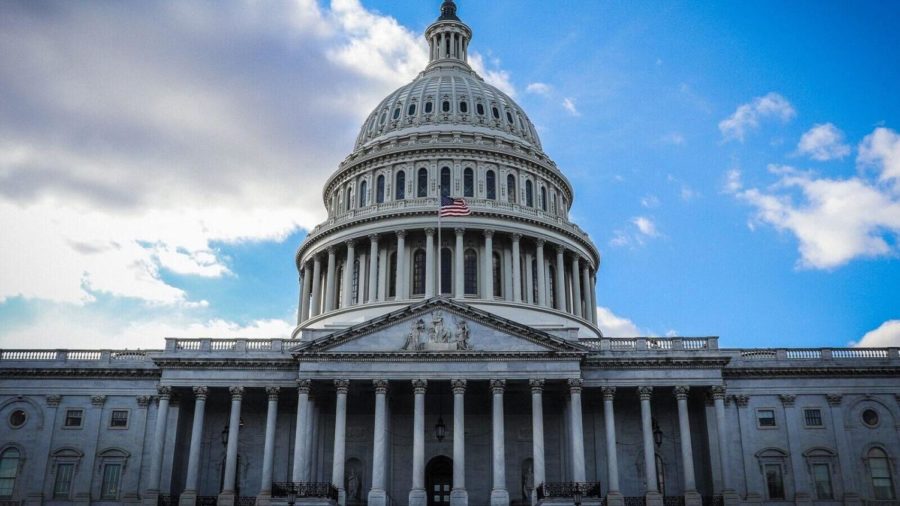Infrastructure Bill a Big Win for EVs
The recently passed $1.2 trillion U.S. infrastructure bill includes $7.5 billion to help build a nationwide network of electric vehicle charging stations. (PartTime Portraits via Unsplash)
November 8, 2021
A new bill passed by the U.S. House of Representatives allots $1.2 trillion to rebuild the country’s infrastructure and, in the process, modernize much of its transportation system.
The bill includes $7.5 billion for electric vehicle (EV) charging stations. According to President Joe Biden, “We’re going to build out the first-ever national network of charging stations all across the country—over 500,000 of them… So, you’ll be able to go across the whole darn country, from East Coast to West Coast, just like you’d stop at a gas station now. These charging stations will be available.”
The plan fulfills a promise from Biden’s presidential campaign where he pledged to build a half-million charging stations if elected. According to the U.S. Department of Energy, there will be roughly 122,000 charging ports (both Level 2 and DC fast charging) at 41,000 public EV charging stations in the United States in 2021. Thus, the Biden plan will involve increasing the number of charging ports almost four-fold.
By investing in EV charging in rural and low-income neighborhoods, the federal government may remove some obstacles to EV adoption. A 2021 survey of U.S. consumers revealed that 43 percent of respondents were concerned about the charging infrastructure. The bill also comes as many automakers, from Ford to Volvo, have announced plans to phase out gas-powered vehicles in favor of EVs in the next decade.
What the bill does not do (yet) is approve EV purchase incentives. The proposed $100 billion in tax credits will give consumers a $12,500 break on the price of many new electric cars, SUVs, and trucks. Used EV buyers could receive a $4,000 discount. These credits will be voted on later as a part of the “Build Back Better Act.”
The trillion-dollar infrastructure bill is now the largest in U.S. history and will support more than just EV charging. Amtrak will receive $66 billion to repair and expand its nationwide service. There is also $5 billion earmarked to fund low- and zero-emissions school buses. The remaining funds will go toward federal projects such as modernizing highways, bridges, and broadband.
The president remarked that the passage of this bill marks a pivotal moment in American history. “I truly believe that 50 years from now, folks are going to look back and say, ‘This was the moment, this was the period, this year and the next couple years when America decided to win the competition of the 21st century, to get in the game full bore.'”

























































































































































